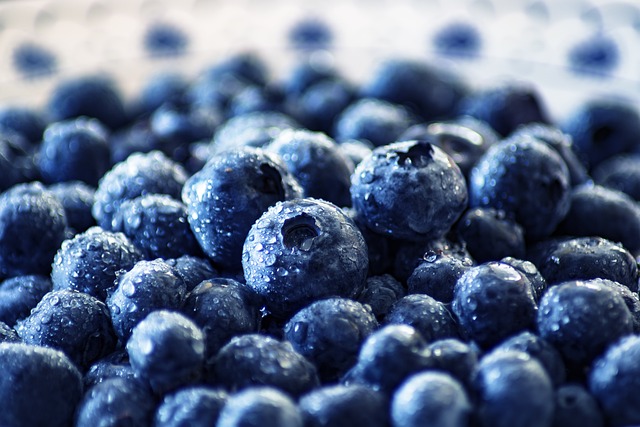Unleashing the Benefits of Probiotics: A Complete Guide
Probiotics have gained tremendous popularity in recent years, and for good reason. These live microorganisms provide a plethora of health benefits when consumed in adequate quantities. Whether you’re already familiar with probiotics or just starting to explore their potential, this complete guide will provide you with all the essential information you need to know.
What are Probiotics?
Probiotics are live bacteria and yeasts that are beneficial for our overall health, especially for our digestive system. These “friendly” microorganisms are naturally present in our gut and help maintain a healthy balance of bacteria in our intestinal tract. While the word “bacteria” may often have negative connotations, probiotics are the type of bacteria that our bodies need to thrive.
Health Benefits of Probiotics
1. Improved Digestive Health: One of the main benefits of probiotics is their ability to support a healthy digestive system. They can help alleviate common gastrointestinal issues such as bloating, gas, and constipation by promoting regular bowel movements and reducing inflammation in the gut.
2. Boosted Immune System: Probiotics play a crucial role in strengthening our immune system. They enhance the production of antibodies and stimulate the activity of immune cells, making us less susceptible to infections and illnesses.
3. Enhanced Nutrient Absorption: The presence of probiotics in our gut improves nutrient absorption, ensuring that our bodies can effectively utilize the vitamins, minerals, and other essential nutrients we consume through our diet.
4. Reduced Allergy Symptoms: Probiotics have been shown to have a positive impact on allergies, particularly eczema and hay fever. They modulate the immune response and help reduce the severity of allergic reactions.
5. Mental Well-being: Emerging research suggests that there is a strong connection between gut health and mental well-being. Probiotics may help alleviate symptoms of anxiety, depression, and stress by influencing the production of neurotransmitters like serotonin, which is often referred to as the “happy hormone.”
Sources of Probiotics
Probiotics can be obtained through certain foods and supplements. Some common sources of probiotics include:
- Yogurt
- Kefir
- Sauerkraut
- Kombucha
- Kimchi
- Miso
- Tempeh
- Supplements
Choosing the Right Probiotic Supplement
When selecting a probiotic supplement, it’s important to consider a few factors:
- Strain Diversity: Look for a supplement that contains multiple strains of beneficial bacteria. Different strains have different effects and can target specific health concerns.
- Potency: Choose a supplement with a sufficient number of colony-forming units (CFUs). The recommended CFU count typically ranges from 1 billion to 10 billion, depending on the exact health condition you’re addressing.
- Viability: Ensure that the supplement you choose guarantees the viability of its bacteria until the expiration date. Probiotics that aren’t alive and active won’t provide any benefits.
- Product Reputation: Opt for reputable brands that have undergone third-party testing to ensure quality and purity.
Prebiotics: The Perfect Complement to Probiotics
While probiotics directly introduce beneficial bacteria into our gut, prebiotics act as nourishment for these bacteria, helping them thrive and multiply. Prebiotics are non-digestible fibers that can be found in many plant-based foods such as bananas, onions, garlic, and whole grains. By incorporating prebiotic-rich foods into your diet, you can create a supportive environment for the probiotics to flourish and maximize their benefits.
Conclusion
Probiotics play a vital role in maintaining optimal health by improving digestion, strengthening the immune system, enhancing nutrient absorption, and promoting mental well-being. Whether through natural food sources or supplements, incorporating probiotics into your daily routine can make a significant difference in your overall well-being. Remember to select a reputable probiotic supplement and consider adding prebiotic-rich foods to maximize the benefits of probiotics. Take charge of your health by harnessing the power of probiotics!







